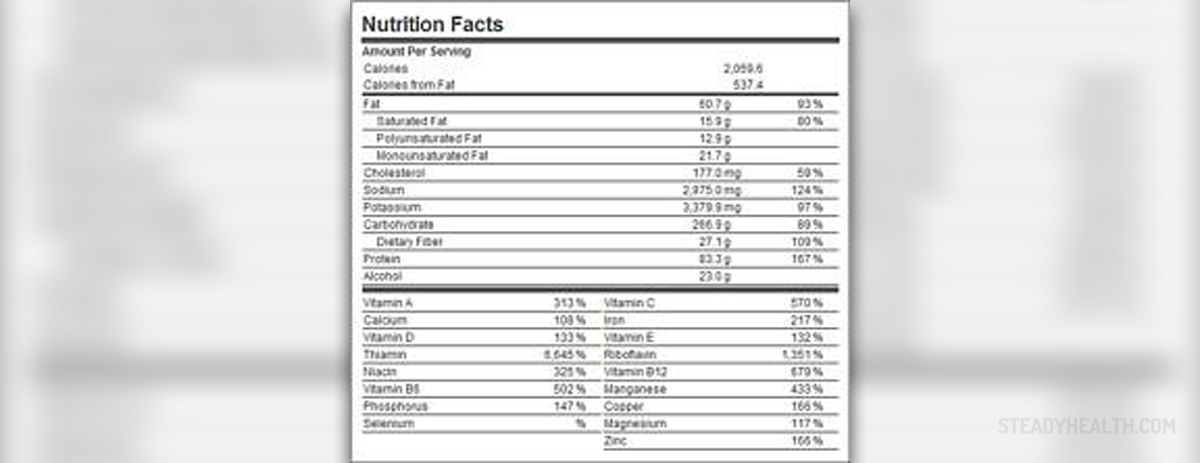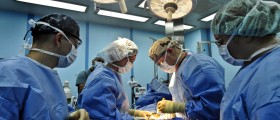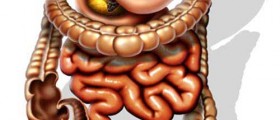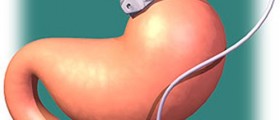
We need to eat the right food in order to stay healthy. Thus, throughout our lives, we give our best to provide our body with all the necessary nutrients we consume daily, picking these our carefully. However, sometimes, when people are too sick to eat on their own or suffer from diseases which affect the parts of their body which are used during food consumption, the food needs to be administered to them through tubes or other such medical tools.
Suffering from a chronic illness such as anorexia, hypermetabolism, malabsorption, muscular atrophy, liver, heart and kidney problems, diseases affecting the gastrointestinal system, infections, anemia and many other conditions, all may require this type of feeding, called enteral nutrition.
Enteral Nutrition Information
This kind of nutrition manifests through delivering food inside or towards the gastrointestinal tract. Thus, this way of feeding a patient is called “tube feeding” or “oral supplement nutrition”
Enteral feeding has been present in medicine for many years, first being used in the 18th century when John Hunter cured a patient suffering from paralysis by administering food through a tube made of whalebone. Next, in 1939, Stengel and Ravdin managed to administer food through the nose of the patient.
Today, whenever a person faces an illness, nutritional changes are recommended, along with the treatment. The patient may need to include more snacks between the meals or eat healthier food altogether. Yet, if this is not possible due to various factors, enteral nutrition is necessary. Food in liquid forms is commonly used, due to the fact that it is easier to swallow and digest.
The Process of Enteral Nutrition
Depending on the health problem and the nutritional issues of the patient, once all other means of feeding have failed, enteral nutrition is applied. For this purpose, doctors choose adequate formula for enteral feeding. This way of nutrition is less expensive than some other alternatives and is used the most. Therefore, once all these factors have been taken into consideration, the food is administered and the patient's reaction to the nutrition of this type is observed.
Usually, people who suffer from severe head injuries or cerebrovascular accidents need this kind of nutrition. Additionally, people in coma, with tumors or cases of dysphagia along with neurological disorders are all candidates for this procedure all well.
Also, individuals who have undergone major surgeries, those who suffer from sepsis or those who have had an organ transplantation will need enteral nutrition, as well as people who have undergone surgeries of the jaw, head and neck, oropharyngeal or pharyngoesophageal area. Finally, people with gastrointestinal diseases such as short-bowel syndrome, inflammatory bowel disease, pancreatitis, fistulas, malabsorption etc., all may need enteral nutrition too.














_f_280x120.jpg)


Your thoughts on this
Loading...